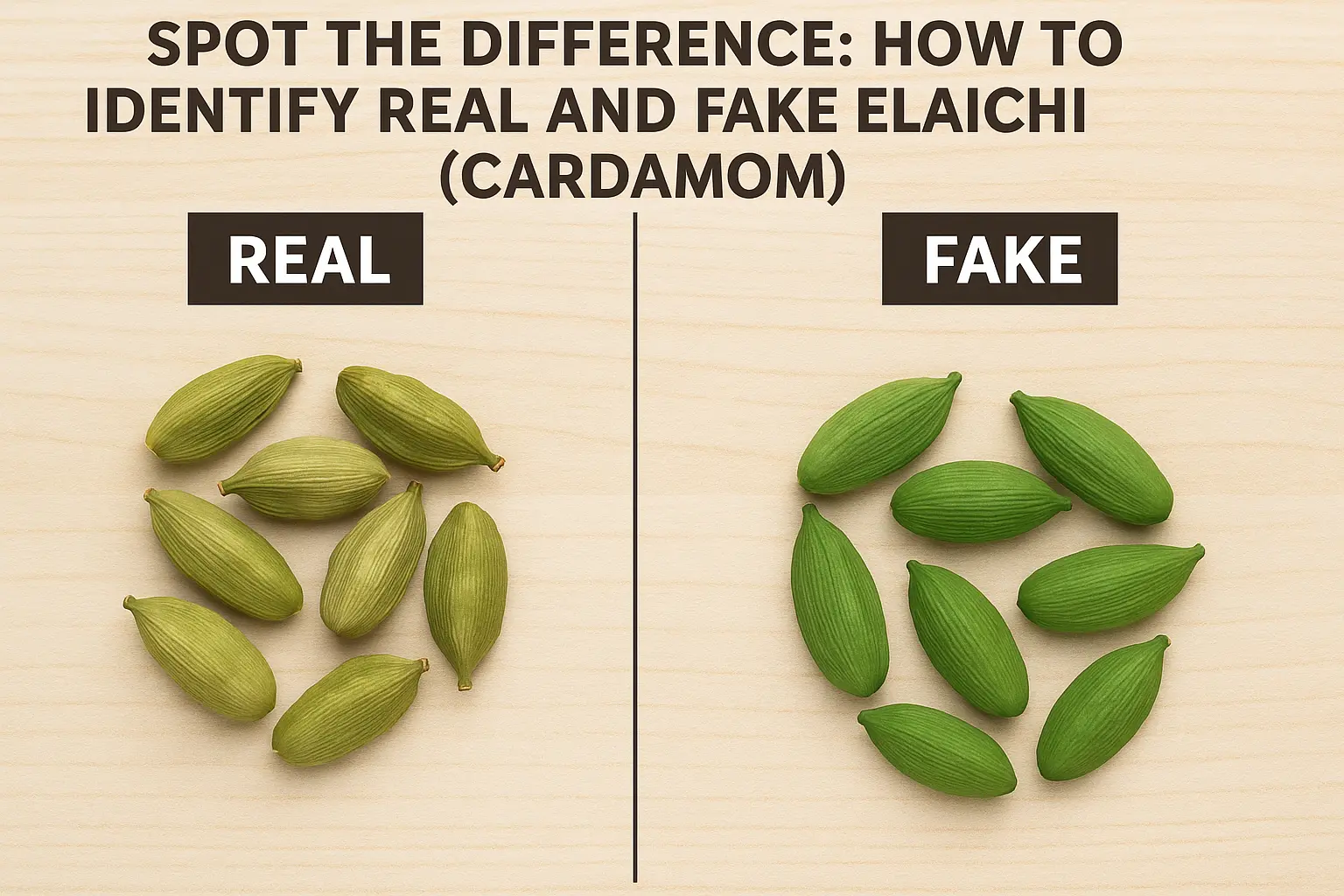Scams can hurt the victim financially, emotionally, and sometimes, even physically. Unfortunately, scams are rapidly becoming a major problem, with some common types including employment scams, tech support scams, cryptocurrency scams, and UPI scams in India.
The good news is that you can identify a scam before scammers cash in. In this blog, we will explain ten easy ways to spot a scam before it’s too late:
1. Scammers ask for your personal information
Be suspicious if someone asks you for your personal information, like bank account details. Scammers often reach in disguise as your banker, healthcare provider, or a government entity. So, be cautious when someone requests highly sensitive personal information. Also, note that genuine and legitimate entities rarely ask for your personal information, such as passwords and Social Security numbers, via phone, SMS, or email.
2.Create urgency or an emergency
Scammers try to lure you into making decisions in a rush by using phrases like “do now,” ‘hurry up, “” limited now,” etc. For example, they may warn that if you don’t act now, you will lose your prize winnings. These days, fraud cases like “your relatives in another country or city need money immediately” are also common. So, be cautious if someone or something prompts immediate action.
3.Contact about a lottery you don’t know
Lottery scams are also common. Winning a lottery for a big prize brings huge excitement, and for scammers, it’s easy to turn this joy into financial loss.
So, it’s important to learn how to spot scams by using legit lottery websites in India, particularly if you’re used to playing lotteries. Don’t forget to verify the source and protect your personal information.
4.Ask to keep it secret
This is because they don’t want to face or answer the questions of friends and family who might see through the scam. To avoid this, scammers might request that you keep the discussion or transaction a secret.
5.Tell you to pay in a specific way
Scammers often ask for transferring money via suspicious payment gateways like cryptocurrency, a particular payment app, wire transfer, or adding money to a gift card. Most of the time, they use methods that are almost impossible to trace or reverse. On top of that, they ask for upfront payments.
6.Reach you unexpectedly
According to credible data, SMS and phone calls are the most common mediums used in scams. Scammers often contact you via a phone call, email, or text at a time when you weren’t expecting it. For example, you didn’t think that your income tax was due, but they will claim that if you don’t pay, you’ll be in trouble.
7.Unverifiable contact details
Check whether you can find a genuine and professionally designed website for the contact person. If you can’t verify their website’s legitimacy or that of their email, phone number, or physical office address, it’s clearly a red flag.
8.Suspicious donation requests
Now, this is again the most common tactic for scammers these days. Scammers ask you to donate to an agency that sounds like a popular official organization, like the American Welfare Center (the original is American Welfare Society). Also, they use overly emotional vocabulary and tone to play on your emotions, tricking you into sending money.
9.The over payment scam
Scammers might send you an e-cheque or a mobile payment app. Then, they will make excuses like they have sent you the money by mistake, asking you to return it all or a portion in bitcoin, gift cards, or other currency. In reality, the original payment sent by the scammer later bounces, is reversed, or is marked as fraudulent. But by then, you have already sent them the real money.
10.Too good to be true
Unrealistic reward money and other prizes that are simply too good to be true are clearly another sign of a scam. So, don’t act without confirming their authenticity or ignore such offers altogether to avoid becoming a victim.
How to avoid a scam?
Take note of the signs of scams listed here. In case you’ve fallen victim to a scam, cut any communication and report it directly to the concerned department that handles fraud. A little caution can save you from a big loss. So, be cautious and act thoughtfully.
































